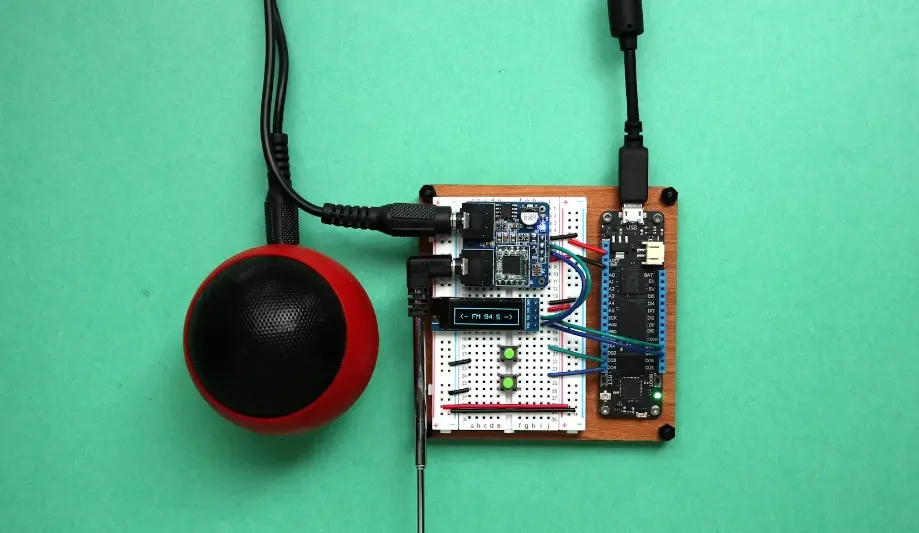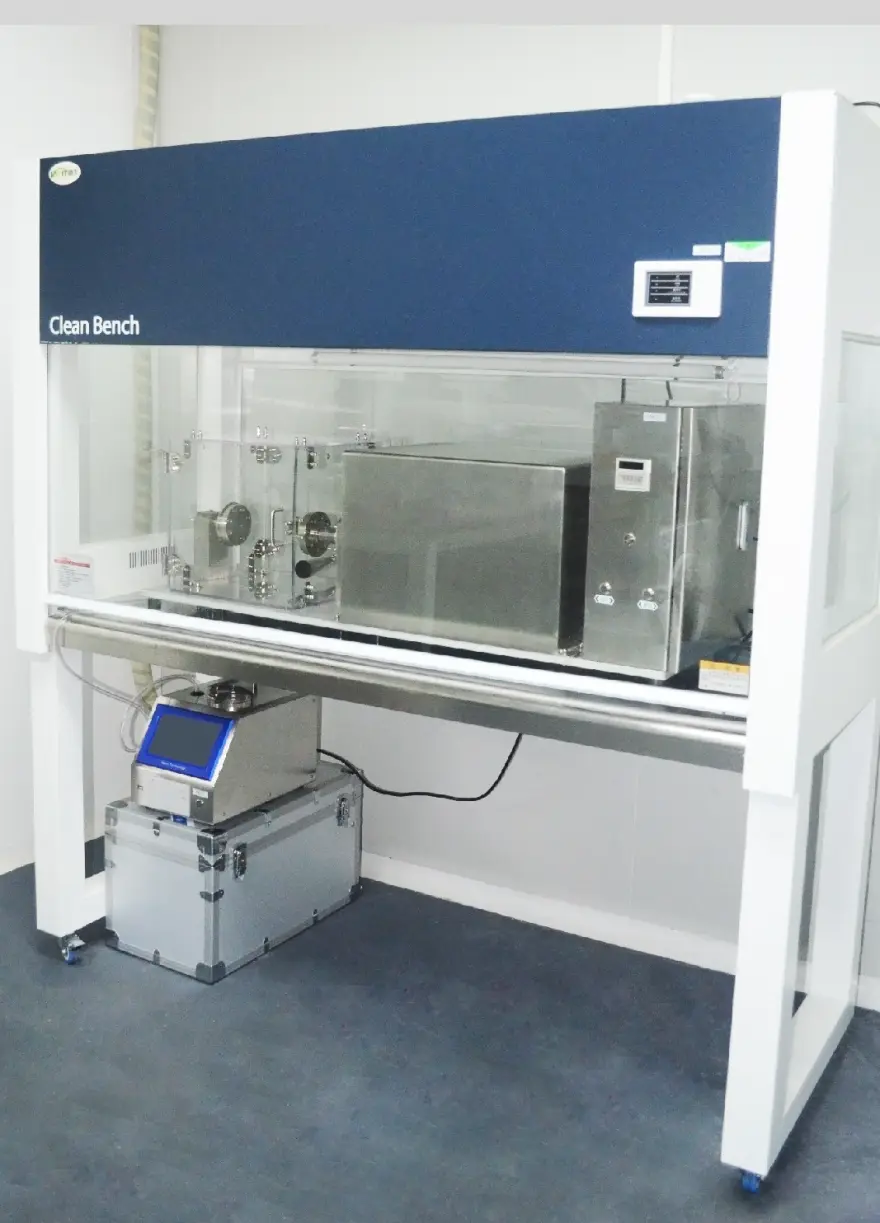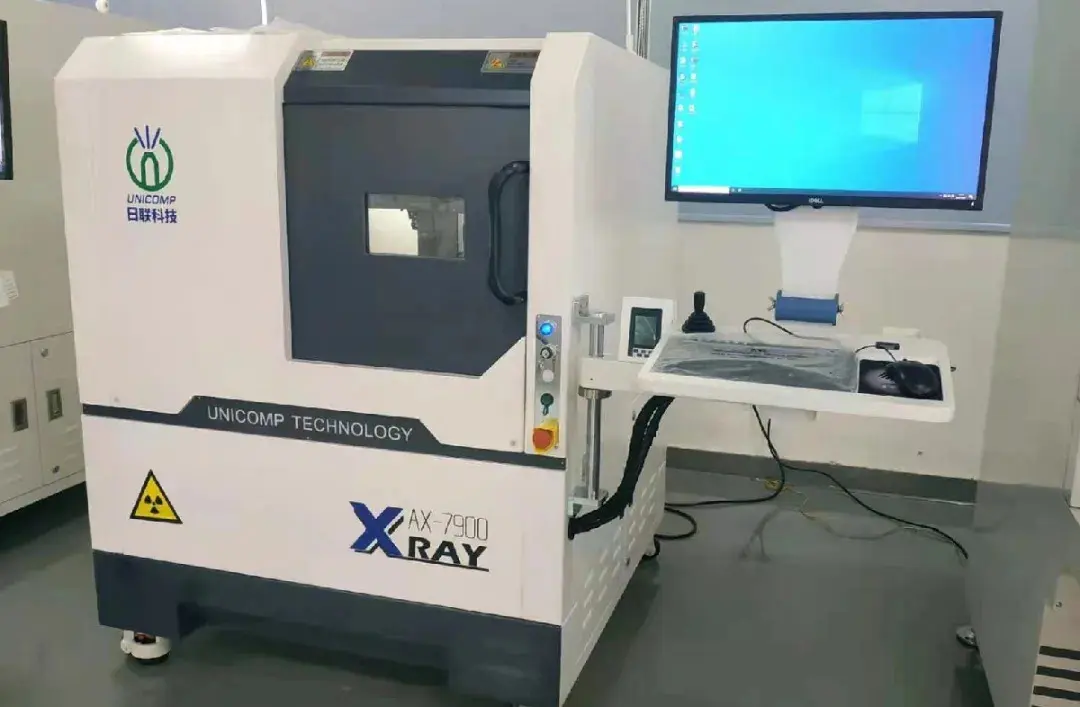
Amazon Registration under EU Battery Law
Attention EU Sellers!
Amazon has issued an urgent notification: If you sell standalone batteries or products containing batteries in the EU, you must provide your EU Battery Law EPR (Extended Producer Responsibility) registration number to Amazon by August 18, 2025. This means that all sellers producing standalone batteries or products with built-in batteries must complete battery law registration for eight countries—Germany, France, Italy, Spain, Sweden, Poland, the Netherlands, and Belgium—by this deadline and provide Amazon with the registration number.

What products are affected by the new regulation?
Under the new EU EPR regulations, the following battery products will be subject to regulatory oversight and require EPR battery law registration:
1. Portable Batteries: This includes common battery types, such as AA, AAA, and other standard sizes, as well as batteries for portable devices like smartphones, laptops, cordless power tools, and household appliances.
2. Light Vehicle Batteries: Batteries that power environmentally friendly light vehicles such as electric bicycles and motorcycles.
3. SLI (Starting, Lighting, Ignition) Batteries: These batteries are critical for providing starting, lighting, and ignition functions in cars and other vehicles.
4. Industrial Batteries: A broad range of batteries that power industrial equipment and heavy machinery, such as batteries used in emergency backup power supplies or for driving large production lines.
5. Electric Vehicle Batteries: Batteries providing power to fully electric vehicles and plug-in hybrid vehicles.
For cross-border sellers, most products fall under the category of portable batteries. According to the European Battery Directive 2006/66/EC, portable batteries refer to sealed batteries weighing less than 5kg, which can be easily carried by hand. Examples include:
- Single-use batteries (e.g., AA, AAA)
- Batteries in mobile phones, laptops, cordless tools, toys
- Household appliance batteries such as electric toothbrushes, shavers, handheld vacuums, and any other batteries commonly used in home applications.
How to register under the EU Battery Law?
To ensure compliance with the EU Battery Law, follow these steps:
1. Determine if you are a producer
If your company is based in an EU member state or a third country and you sell batteries or products containing batteries directly to end users in an EU member state via remote contracts or online sales, or if you are the first to manufacture and supply batteries or battery products under your company’s name or trademark in an EU member state, you are considered a producer.
2. Registration Requirements
- Register in the country of sale: If your company is established in an EU member state, you must register in each member state.
- Authorized Representative: If the producer is not established in the country of sale, you must appoint an authorized representative established in the country to handle the registration.
3. Submit the registration number
Submit your registration number through the compliance portals of each EU member state, which are expected to be operational between the third and fourth quarters of 2024.
4. Submit Sales Reports
Annually report battery sales to relevant EU agencies or producer responsibility organizations and pay eco-fees.
5. Comply with CE Marking Requirements
All battery products sold in the EU must bear the CE mark and have a designated responsible entity within the EU.
6. Frequently Asked Questions
- Difference between WEEE and Battery Law: WEEE (Waste Electrical and Electronic Equipment) and Battery Law are separate regulatory frameworks. If your product contains batteries, you need to register under both WEEE and Battery Law.
- Multi-platform use: If the same entity operates across multiple platforms with the same brand and product categories, the EPR registration number can be used on all platforms. However, the EPR registration number is not universally valid across the EU; each country/region has different registration requirements, processes, and authorized agencies, requiring individual registration.
7. Professional Services
It is recommended to prepare in advance and contact professional compliance service providers (such as China’s JJR Lab) to ensure you meet the EU Battery Law requirements.
By following the above steps, you can ensure that your battery products comply with the EU Battery Law, avoiding penalties for non-compliance and ensuring your store operates in accordance with the law.
What are the consequences of non-compliance?
To demonstrate compliance, you must provide Amazon with your producer registration number for each EU member state through the compliance portal by August 18, 2025. This portal will be launched in the fourth quarter of 2024, at which time you will receive a communication email from Amazon.
If you are found non-compliant, depending on the country/region, Amazon may be required to remove your non-compliant products from sale or comply on your behalf through fee-based services.
Is the German weee registration number sufficient, or do I need to provide a battery law registration number?
Yes, you still need to provide the battery law registration number. Even if you have provided a WEEE registration number, you must comply with the Battery Law regulations, as WEEE and Battery Law are two different regulatory systems. Sellers are encouraged to check which batteries sold in specific countries fall within the scope of the EU Battery Law.
Can sellers register on their own?
No. Chinese sellers, in particular, should note that under the EU Battery Law, if you are a producer not established in the country of sale, you must appoint an authorized representative (AR) established in the country to handle registration.
To avoid scrambling to comply when the regulations come into effect, it is recommended that sellers start preparing as soon as possible and arrange for EPR battery law registration promptly, as the registration process takes time. This will help avoid product removal or additional compliance costs.
Email:hello@jjrlab.com
Write your message here and send it to us
 Packaging Validation ISO 11607 Test Report
Packaging Validation ISO 11607 Test Report
 What is the ISO 11607-1 Packaging Validation Test?
What is the ISO 11607-1 Packaging Validation Test?
 How to get an ISO 11737-1 Test Report?
How to get an ISO 11737-1 Test Report?
 Orthopedic Implant Cleanliness Testing
Orthopedic Implant Cleanliness Testing
 What is ISO 10993-23:2021 Irritation Testing?
What is ISO 10993-23:2021 Irritation Testing?
 ISO 10993-23 Irritation Testing Laboratory
ISO 10993-23 Irritation Testing Laboratory
 EMI Emissions Testing
EMI Emissions Testing
 EMC Standards for Medical Devices
EMC Standards for Medical Devices
Leave us a message
24-hour online customer service at any time to respond, so that you worry!




